It has been 80 years since the Outline of Vietnamese Culture was born (1943 - 2023). Up to now, the value and reality of this Outline still remain intact. In which, the three important elements of culture are ideology - academia - art and the three principles of construction are always focused on: nationalization - popularization - scientization.
General Secretary Nguyen Phu Trong's speech at the 2021 National Cultural Conference affirmed the inheritance from the 1943 Cultural Outline and emphasized key tasks in the coming time.
One of the most important tasks is to promote Vietnamese family values, which are part of the nation's cultural value system. Looking at the flow of Vietnamese poetry from folk literature to modern literature, it can be seen that family affection is always one of the core values that is affirmed and praised, while conveying many profound meanings and messages.
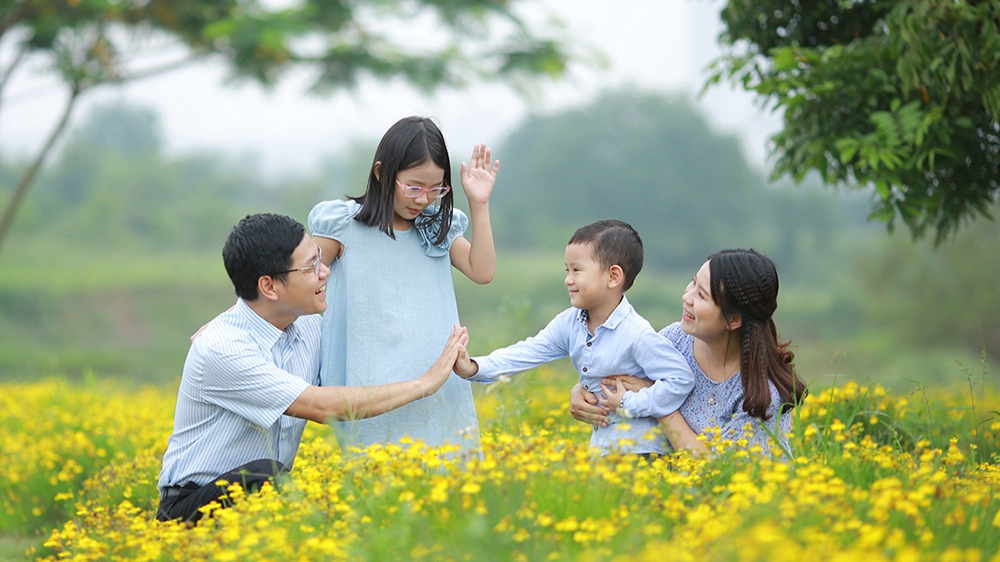 |
| Illustration photo. |
Parent-child relationship
From the time they were in the cradle or took their first steps to school, every Vietnamese person is imbued with folk songs praising and expressing gratitude for their father's and mother's love: Father's love is like Thai Son mountain/ Mother's love is like the water flowing from the source; Father's love is so heavy, my friend/ Mother's love is as great as the sky, carrying them for nine months; Father's love is like the towering mountain/ Mother's love is like the vast water of the East Sea.
Talking about the merit of giving birth and raising our parents, we can only compare the ocean and sky, but it still seems not enough, because our parents not only give us a physical body but also give us a soul, a whole spiritual world.
The love between parents and children continues to be the subject of many famous works in modern Vietnamese poetry. And interestingly, most of the famous poems about motherly love are written in the lục bát form, as if an extension of the sweet folk songs that have permeated the soul of every person since childhood: The stars awake out there/ Are not as good as mother who stayed awake for us/ Tonight I sleep soundly/ Mother is the wind of my whole life (Mother - Tran Quoc Minh), I have gone through my entire human life/ Still cannot finish listening to all the lullabies of mother (Sitting sadly, remembering my mother in the past - Nguyen Duy), I hope mother will gradually get better/ Eat well during the day, sleep soundly at night/ Then go out to read books, plow/ Mother is my country, my days (Sick mother - Tran Dang Khoa).
Through some typical verses and poems, it can be seen that mother-child love is always an immortal monument in Vietnamese literature. Vietnamese mothers, whether in wartime or peacetime, always appear with the same eternal beauty: hard work, sacrifice, tolerance, patience. Therefore, every child, from young to old, no matter where they are, no matter what they are doing, when they are healthy and successful as well as when they are weak and fail; or even when they are about to leave this world like poet Dong Duc Bon, in their hearts they still silently call out the two words "mother". Until one day the mother is no longer there, that void can never be filled: Mother, the world is immense/ Immense but not as vast as our home/ Even though we are rich and glorious/ Glory is not as great as having a mother (My Mother - Music and lyrics: Tran Tien).
Good poems about fathers are rarer than poems about mothers, however, sometimes I have come across some really touching ones: A house without a father is sad/ Not even a nail is missing, a knife is blunt/ Pumping a tire doesn't understand the joule/ The lighter burns my hand, the stone is blunt, the gasoline is dry/… Boiled water is left to cool forever/ A house without a father, who will make tea/ Even if the alluvial honey bank/ Without the eroded side, it is not a river (A house without a father - Nguyen Thi Mai).
Husband and wife love
Entering into married life is an inevitable journey in every person's life, from which to create the nucleus of cells for society, that is each family. The affection between husband and wife is therefore an extremely important value to ensure the happiness and stability of each family. From proverbs and folk songs, our ancestors have had many subtle and profound generalizations, starting from the summarized observations about the characteristics of each gender: Women love their husbands when the market is crowded/ Men love their wives when the afternoon sun is fierce; to advice on behavior: Who can bear to cut down a tree and cut off its shoots/ The husband's way is righteous, the wife is angry and then loves; When the husband is angry, the wife should say less/ Rice boiled over low heat will never burn.
The Vietnamese way of life always emphasizes love and affection, not material things or money: My husband wears torn clothes, I love him/ Other people's husbands wear brocade and incense, let them be; Shrimp whiskers cooked with squash/ Husband eats, wife slurps, nodding and praising how delicious it is.
As long as husband and wife are united, any difficulty or obstacle can be overcome: When husband and wife are united, they can drain the East Sea. A series of folk songs are written in the same comparative structure, always emphasizing the love between husband and wife for each other, which cannot be measured: Passing the communal house, I take off my hat to look at the communal house/ The more tiles on the communal house, the more I love you; Passing the fields, I take off my hat to look at the fields/ The more rice on the fields, the more I love my husband. Our ancestors also dedicated many verses to sharing the hardships of the wife: Making love with her husband at midnight/ At midnight, carrying a load to leave; Carrying a bundle of clothes across the river/ Sweat drenched in sweat, I love my husband just the same.
In modern times, the love between husband and wife continues to be the subject of many famous poems, expressing the deep sympathy and love between husband and wife, wife and husband. There are very simple and sincere writings of poet Cam Vinh Ui during the French resistance war: I miss my wife very much/ Please come back for two days/ My house is in Muong Lay/ There is a Nam Rom river/ The day after tomorrow I will come/ I can hold a gun again/ I will shoot the French/ Because my hand has the scent of my wife (Missing my wife).
So in every success of a husband, there is never a lack of the figure of a virtuous wife. Poet Nguyen Duy wrote a series of poems dedicated to his wife such as Sick Wife, Inviting Wife to Drink Wine: With a thousand hands and a thousand nameless tasks/ You alone do the peaceful and gentle world/ Suddenly you fell ill/ I was suddenly struck by you, how could you bear it; Every year, Tet comes once/ I invite you to drink, my hand raised to your brows.
From a very ordinary event of seeing his wife off to work, poet Nguyen Hoang Son sent in many deep thoughts and feelings about happiness and human dignity: Seeing you off to work in the morning/ I forgot to remind you of my hat, I gave you the basket/ Hesitating for a moment/ Giving you the lunch box at noon, too poor...
When writing about marital love, female poets have their own ways of expression, they care about the details in everyday life: Why don't you button your shirt up, honey? / It's cold, it's getting cold today (It's getting cold - Xuan Quynh), Can't you sleep, honey? / Let me turn on the fan and roll up the curtain for you (Singing a lullaby to my husband on sleepless nights - Xuan Quynh). Or Nguyen Lam Dien has a very unique way of sharing with his husband through the story of drinking: Then let's just pour it on, I'll get drunk/ Leaning on the warmth and flying once/ The earth is far away, the sky is close/ The gong beats dozens of times in the world (Drinking with my husband).
Love for grandparents and siblings
Compared to the two feelings of parents and children and the feelings of husband and wife, the materials about feelings for grandparents and feelings between siblings in folk literature, although not as rich, still contain very good sentences that convey important basic messages: love, respect for grandparents and feelings of solidarity and help between siblings in a family: Looking up at the bamboo rafters of the roof/ The more bamboo rafters there are, the more I miss my grandparents; Brothers are like arms and legs/ When torn, we cover each other, when broken, we help each other. When older sister falls, I help her up, When wise, she will kick at outsiders/ Chickens from the same mother should not fight each other.
Through the typical family relationships that we have surveyed, from folk literature to modern poetry, it can be seen that family affection has always been a topic of interest and focus in every period of Vietnamese literature. This shows a deep awareness in honoring, praising and affirming the family values of the Vietnamese people, in which the lifestyle of respect, gratitude, loyalty, solidarity, love, care for each other and sacrifice for each other is always promoted. All of these things create the strength for each family to overcome all difficulties and challenges in each of their journeys.
Source



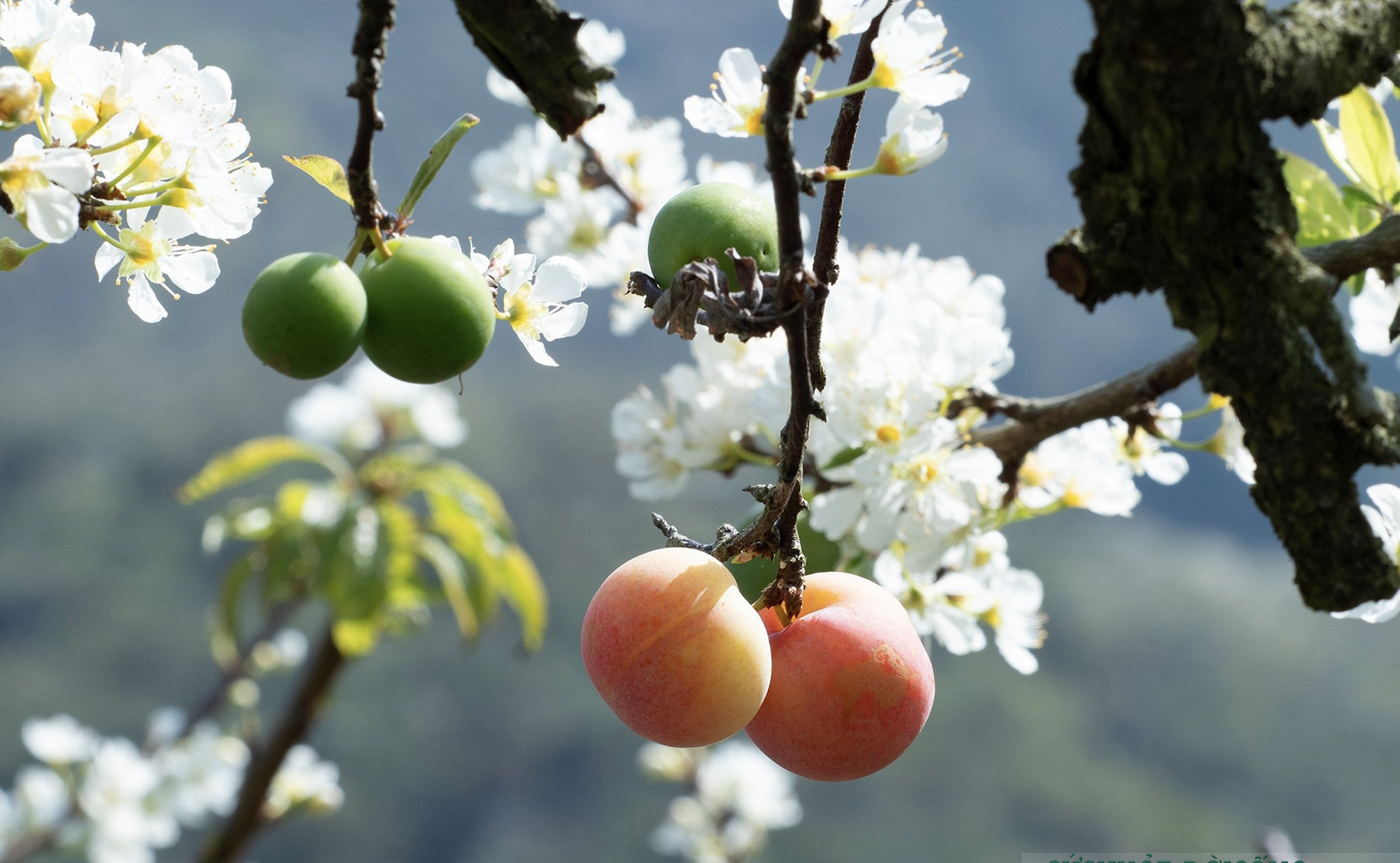
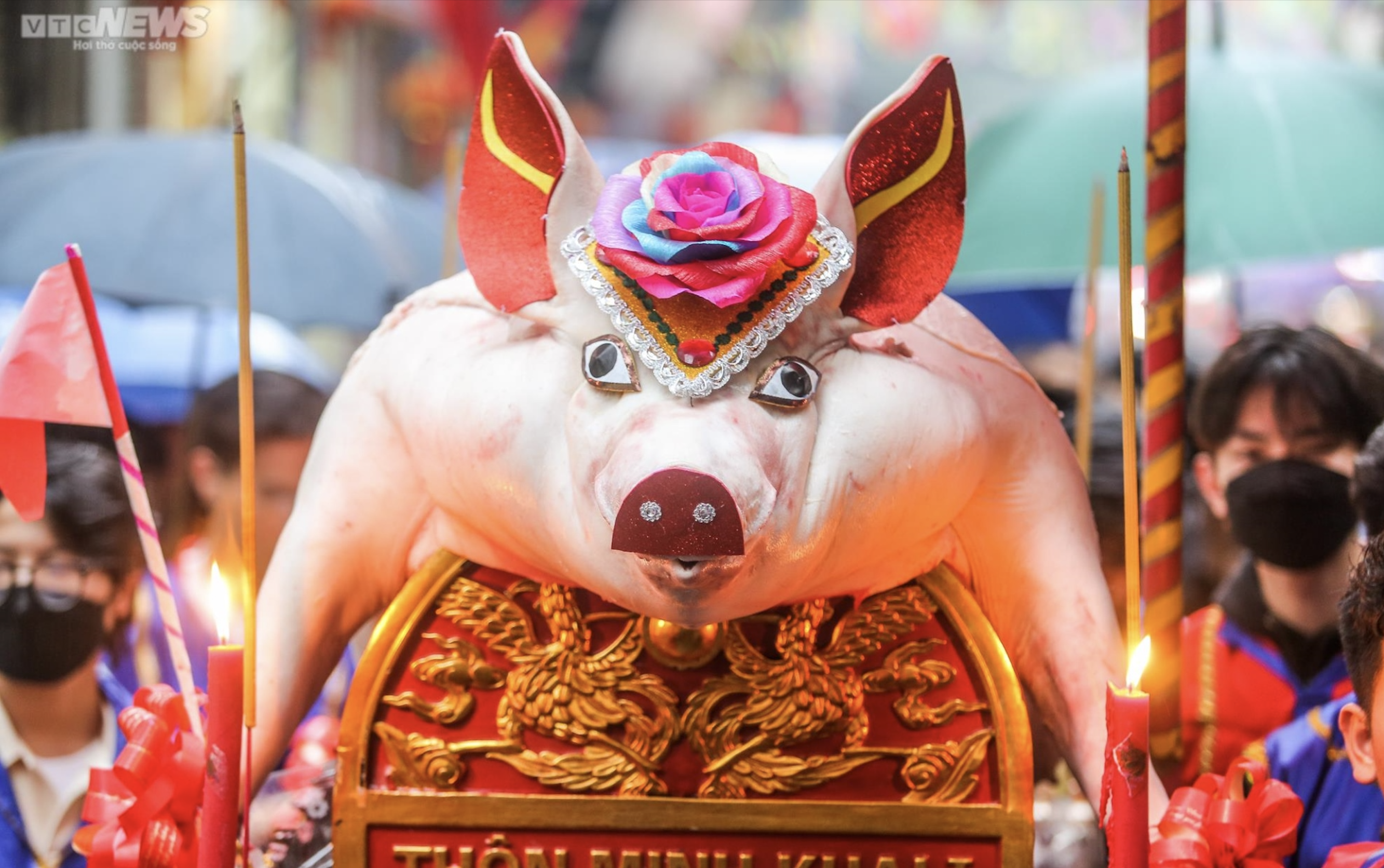
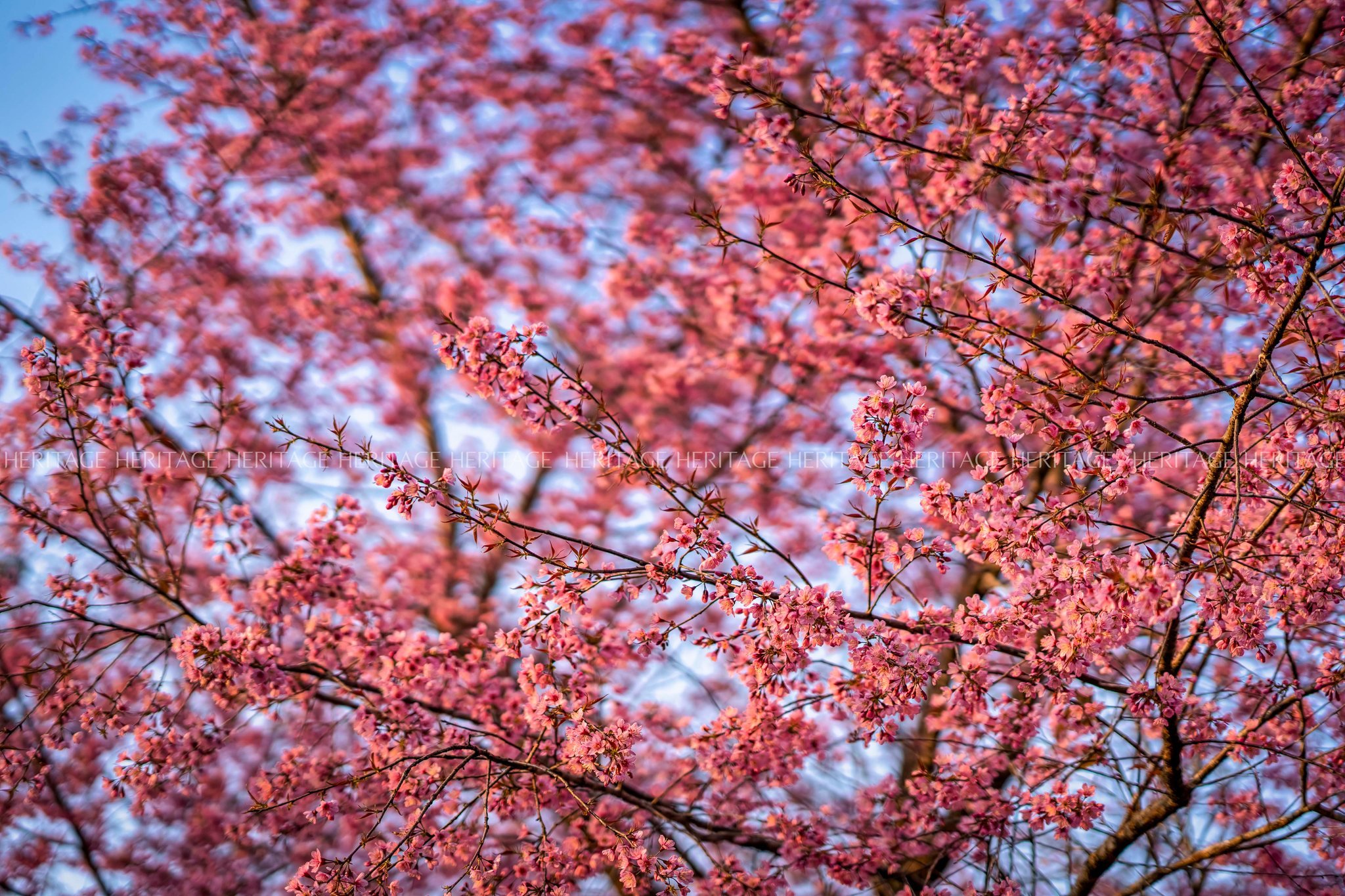


























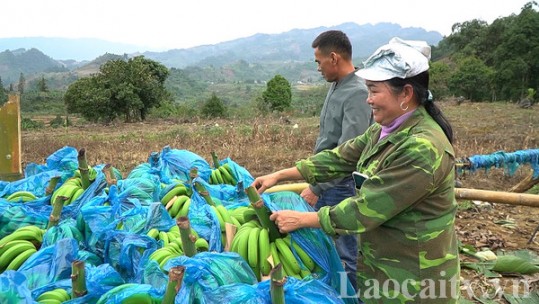

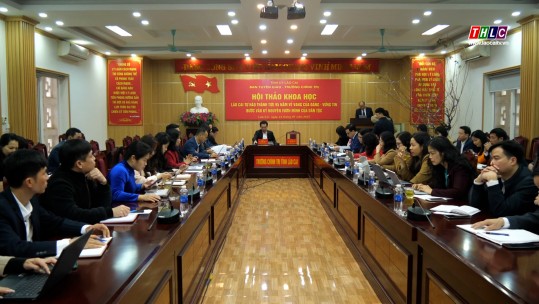
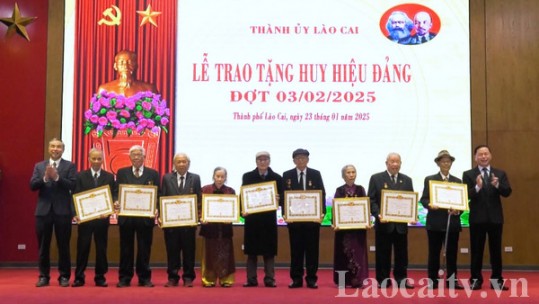

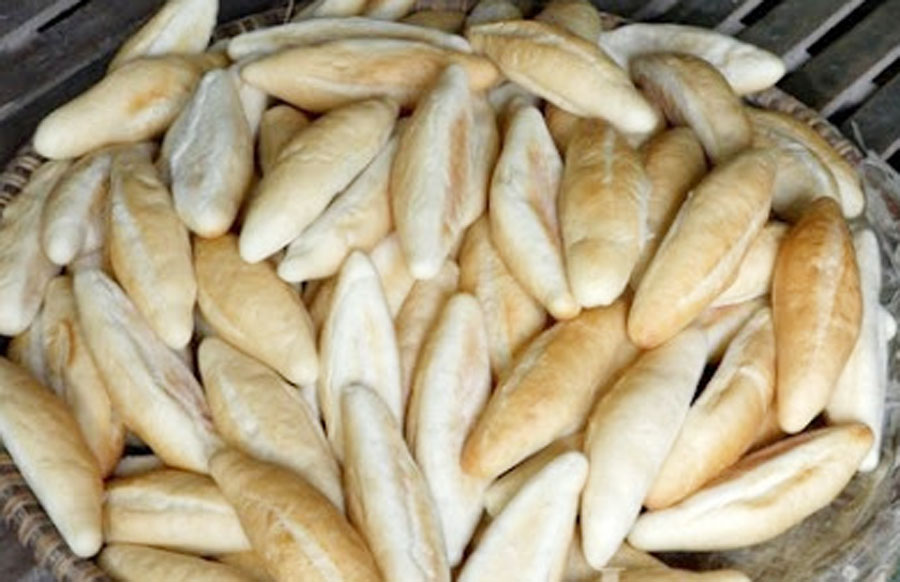
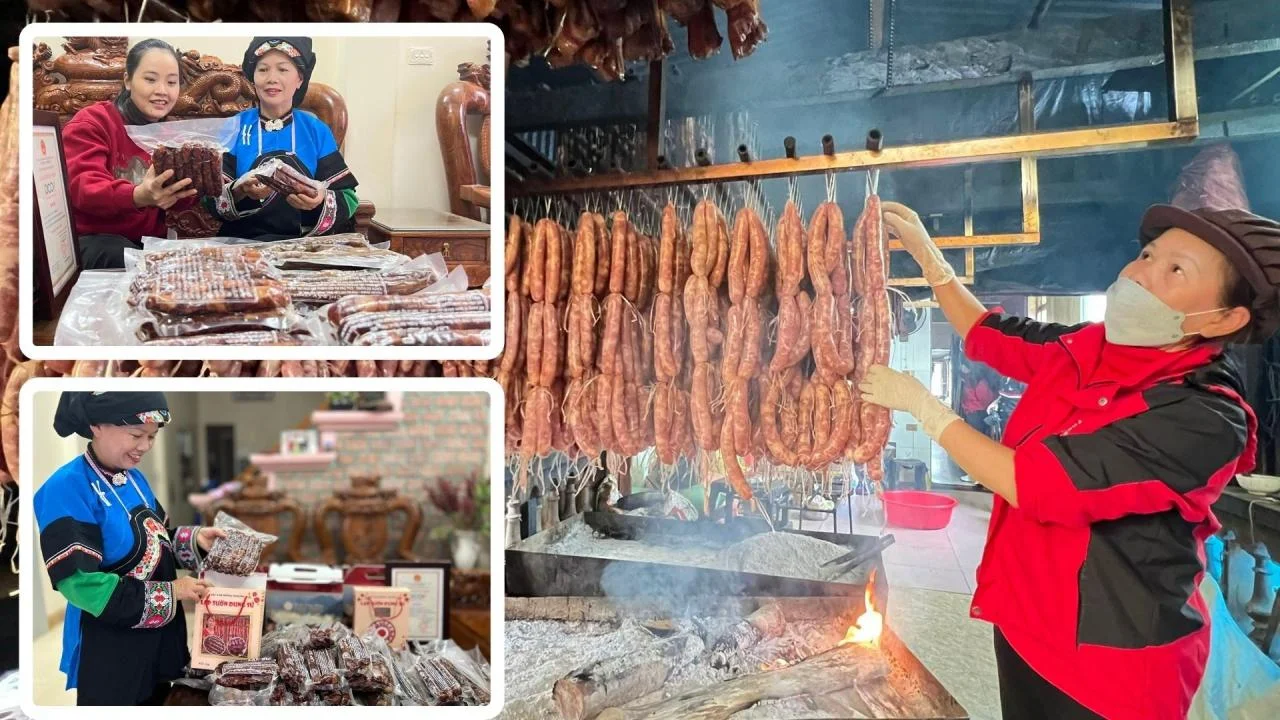


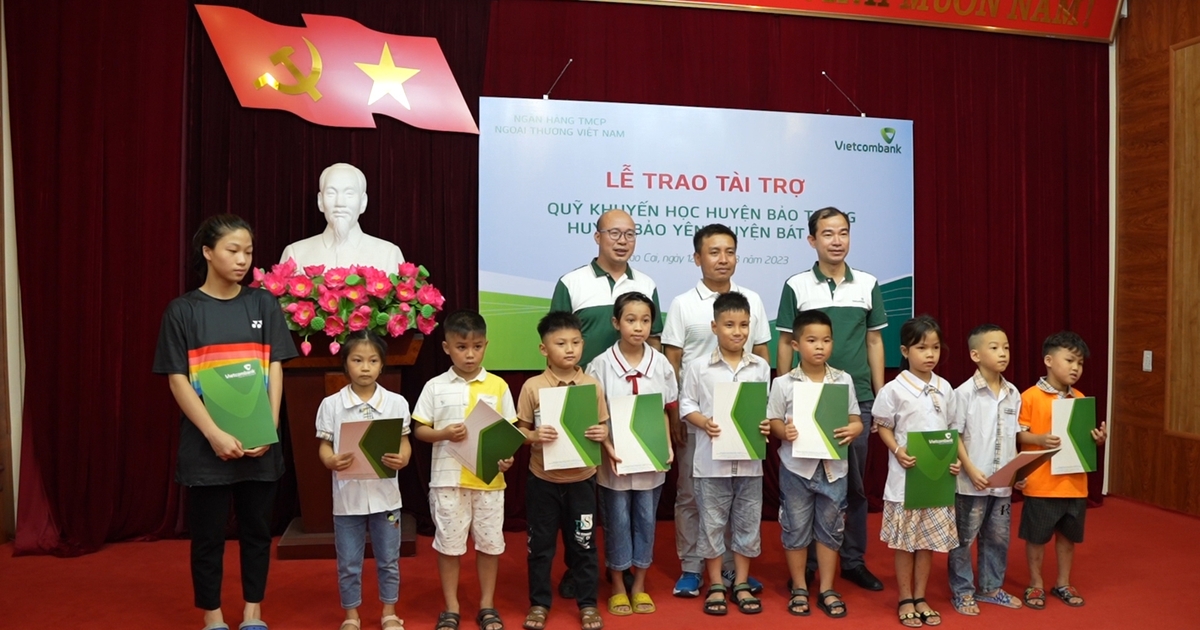

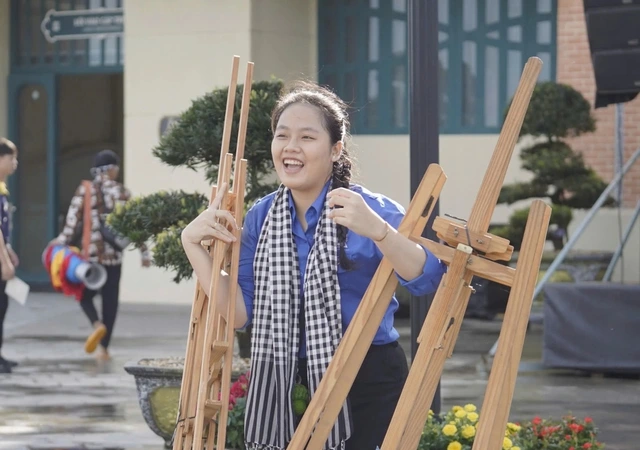



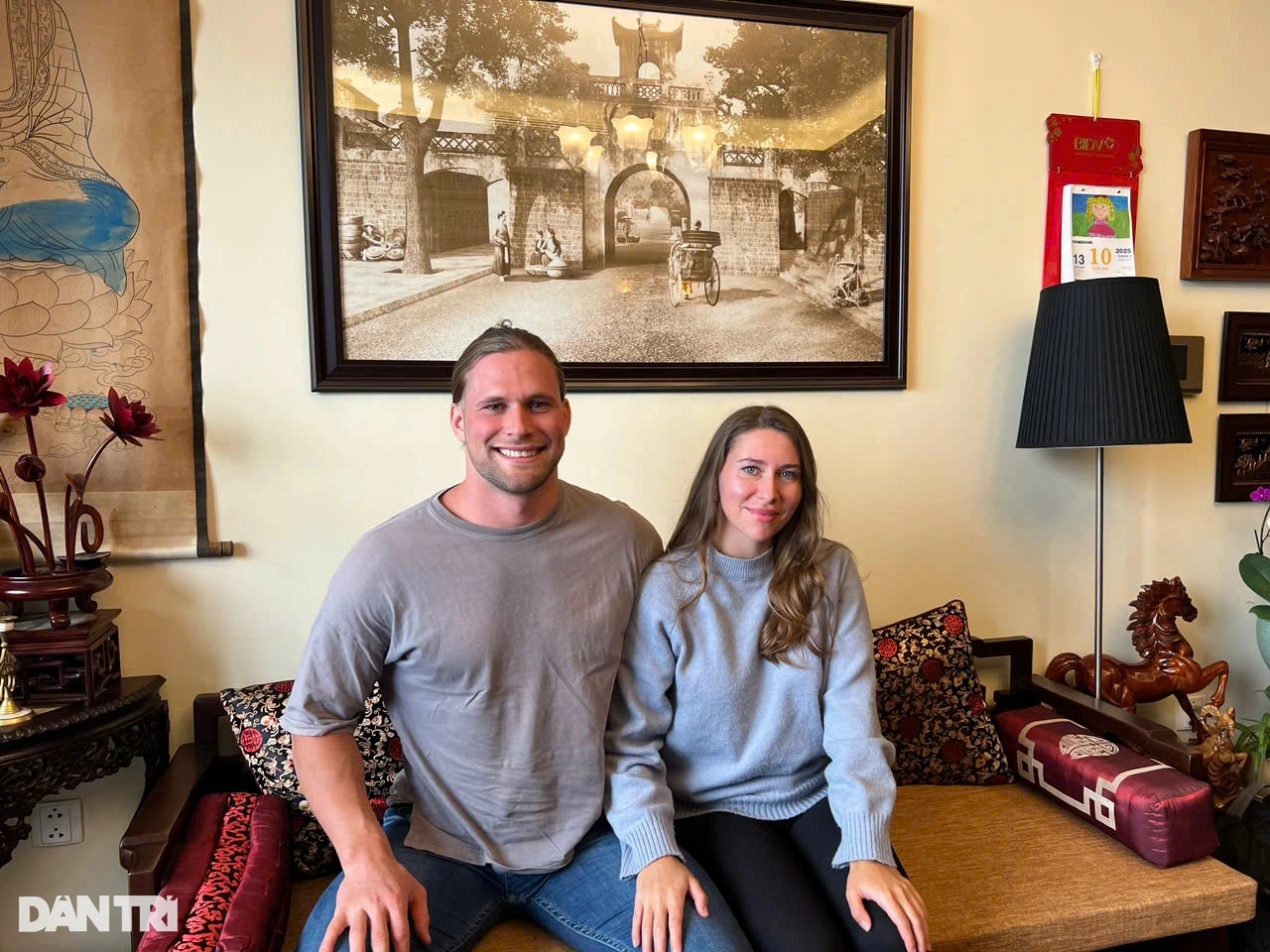



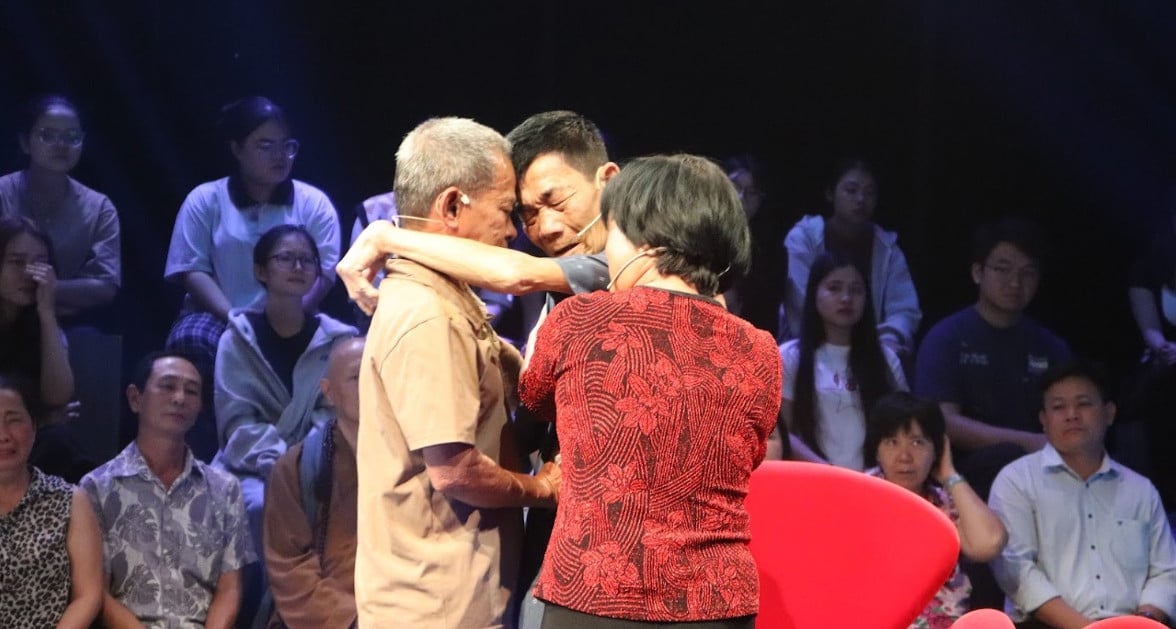





Comment (0)